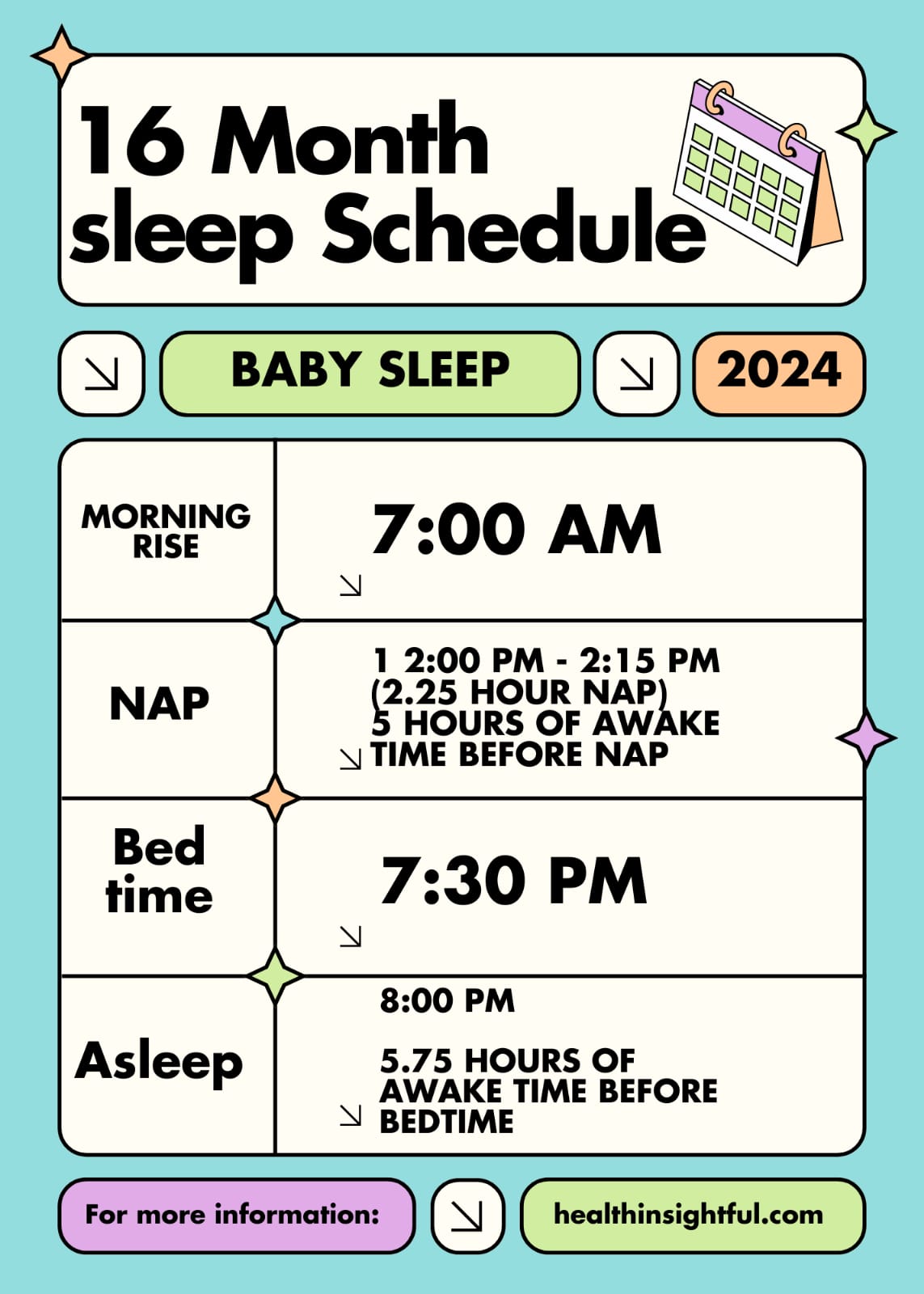5-month Sleep regression occurs when a baby wakes up multiple times during sleep time. At five months, your baby is opening a new chapter of discovery and growth, while some are experiencing sleep regression. Many parents are amazed that their little ones are experiencing sleep regression at this early age, which can be quite irritating and frustrating for them.
Does your 5-month-old baby start waking up more frequently at night and facing sleep regressions? You are not alone. Many parents are experiencing the same problem. The positive aspect is that this period is just temporary. Developing a consistent bedtime routine could assist your baby in regaining regular sleep habits. Ensure your kid takes adequate naps throughout the day to avoid being overtired.
Sleep problems are common in children at this age. At this age, babies are learning new skills, and changes occur in their sleep cycle that disrupt it. This article will discuss the reasons and management strategies for sleep regression. Read this article thoroughly to get more tips and advice.
What is 5-month sleep regression?
It is the period in which a baby who had a good sleep routine in the past suddenly undergoes a negative shift. The baby is now having trouble sleeping or wakes frequently during naps. Sleep regressions commonly occur due to developmental changes, growth spurts, or a routine change. The most common sleep regressions in children are in the age groups of 4 months, 8–10 months, 12 months, 18 months, and two years old.
Understanding Sleep Patterns of a 5-Month-Old:
A 5-month-old baby requires typically 14-15 hours of sleep per day. Mostly, the child takes 2-3 naps during the day time and sleeps longer at night. Sleep patterns can vary in children, but it is vital to comprehend
what’s normal for your child.
Signs of Sleep Issues:
It is essential to recognize sleep issues as early as possible. Common signs of sleep issues include
- night waking
- small naps
- increased restlessness
- dependence on nursing for sleep
Why is my 5-month-old fighting sleep?
The baby is fighting to get sleep for various reasons, including changes in sleep routine, growth, illness, and environmental factors.
Growth Spurts and Development:
Your 5-month-old baby is at an age when several developmental changes occur in the child’s body. Your baby may wake up at night due to increased hunger.
This period of rapid growth can be followed by more frequent feedings, which can disrupt your baby’s sleep patterns.
Cognitive and sensory Developmental changes :
Babies of this age have rapid brain growth, which leads to many changes in them, which can result in more restlessness and discomfort.
Increased Curiosity:
At five months of age, a baby tries to learn many things in its environment. So, several developmental changes occur, including learning how to roll over and sit.
As their mental capacities increase, babies become more interested and engaged in their environment.
Vocalization:
A 5-month-old baby is most likely chatting and even experimenting with different tones. It’s their way of communicating and preparing for future speeches.
Visual Tracking:
Their visual tracking abilities are improving. If you move a toy across their range of vision, they will most likely follow it with their eyes. This demonstrates growing focus and concentration, which makes it more difficult for them to relax and fall asleep.
Teething:
Teething is a typical cause of sleep disturbance. Babies can suffer discomfort or pain when their teeth start to sprout. Teething symptoms include salivation, biting on things, and irritation.
Sleep associations:
Some babies develop the habit of depending on specific sleep associations. These include Swimming or breastfeeding to fall asleep. So when the baby wakes up at night, he needs to have sleep associations to fall asleep. When he does not find such sleep pampering, he begins to cry and has difficulty falling asleep. Baby needs these sleep associations every time he wants to sleep. Being a parent and child nurse, you may be tired of providing sleep associations every time.
Illness or Discomfort:
A comfortable sleeping environment is essential. Light, temperature, and noise can affect your baby’s sleep. Ensure the sleeping environment is calm, dark, pleasant, and relaxed.
Environmental Factors:
A comfortable sleeping environment is essential. Light, temperature, and noise can affect your baby’s sleep. Different-colored lights and too much noise in the baby’s surroundings can lead to discomfort. Ensure the sleeping environment is calm, dark, pleasant, and relaxed.
How long does the 5-month sleep regression last?
The 5-month sleep regression typically lasts between two and six weeks. This phase can be difficult because your baby experiences significant developmental changes and becomes more aware of its environment. During this time, the baby has difficulty falling asleep. All babies are different, so the sleep regression period can vary. You must wait at least 5 months to recover your baby’s sleep. I follow a consistent sleep schedule and provide a sleep-friendly environment to manage this regression.
Sleep Regressions don’t last longer. Only the parent’s patience and a healthy sleep schedule will help the baby recover his sleep habits. do you want to know how to keep toddlers in bed to sleep if they resist? click here

Do I Need to Put My 5-month-old on a Schedule?
Following a sleep schedule for your 5-month-old baby with sleep regression is very beneficial. A regular schedule will regulate your baby’s biological clock. The schedule must have a fixed time for feeding, naps, and bedtime. This ensures that the baby is getting adequate nutrition. It will also reduce the baby’s restlessness, which will help the baby have a healthy sleep pattern.
Remember that a strict routine can cause discomfort during a baby’s sleep. Make sure to create a flexible routine for your infant.
As your baby grows, his body demands change. Their sleep demands will also change, and being flexible can make the journey easier for both of you.
Sleep Tips to Help Navigate the 5-Month Sleep Regression:
To manage your baby’s sleep issues, you need to be patient. Your baby at this age is capable of adopting ways to self-soothe. The following are the strategies.
Maintaining a Consistent Bedtime Routine:
A consistent bedtime routine proves to be very beneficial for handling baby sleep problems. Following a Consistent bedtime routine gives an alarming signal to the baby that it’s time for sleep. This helps the baby sleep and wake regularly, which will help you monitor your baby’s sleep pattern.
Allow space for movement:
Baby sleep is directly linked with baby comfort. When the baby sleeps, unswaddle him and keep him out of sleepsuits. When the baby sleeps, it is his habit to move his head from side to side, put his hands on his mouth, and turn on his stomach. This will help the baby move comfortably during sleep.
Create a Safe Sleep-Friendly Environment:
Try to create a soothing environment for your baby during sleep time. An excellent, dark room helps the baby sleep comfortably. Also, try to keep the noise level low at your home during your child’s sleep.
Adjust Feeding Schedules:
Managing your baby’s feeding schedule helps regulate the internal clock. This way, your baby gets complete nutrition, reducing its need to wake up at night. Dreem feed—feeding also helps babies sleep better at night. A consistent feeding routine proves to be very soothing for patients’ sleep, reducing the chances of your baby waking up at night.
Consider sleep training:
Sleep training enables the baby to learn when to sleep or awake. It helps them sleep without any external help. Sleep training techniques include the Ferber method and managing baby cries. Sleep training helps children adopt appropriate sleeping habits. In addition to addressing the short-term interruptions brought on by sleep regression, this lays the groundwork for improved sleep habits in the long run, resulting in more peaceful nights for the parents and the infant.
Conclusion:
Sleep regressions are commonly seen in children during their developmental phase. Although temporary, it can be difficult for parents to handle them.
Recognizing early sleep regression signs and understanding the root causes can help parents handle this difficult time. To overcome a 5-month sleep regression, stick to a consistent bedtime routine, provide a comfortable sleep environment, and encourage self-soothing skills. Seek professional help if your baby continues to suffer from sleep problems. Staying aware and decisive can help parents support their baby’s sleep requirements and build healthy sleep patterns for the future.










